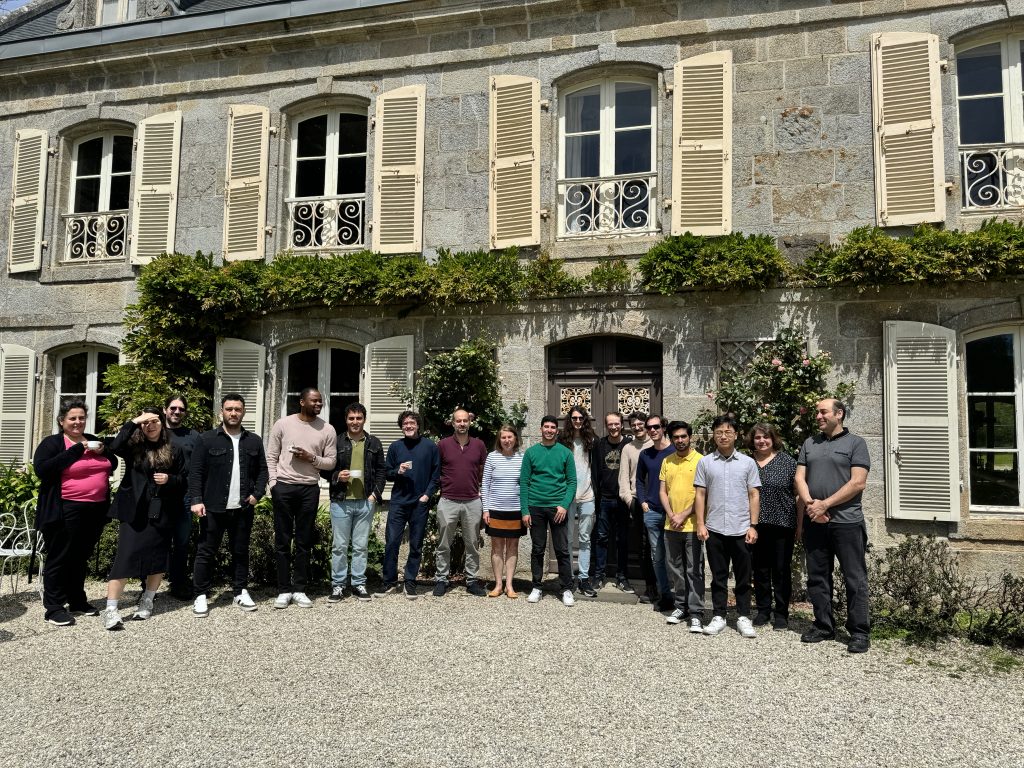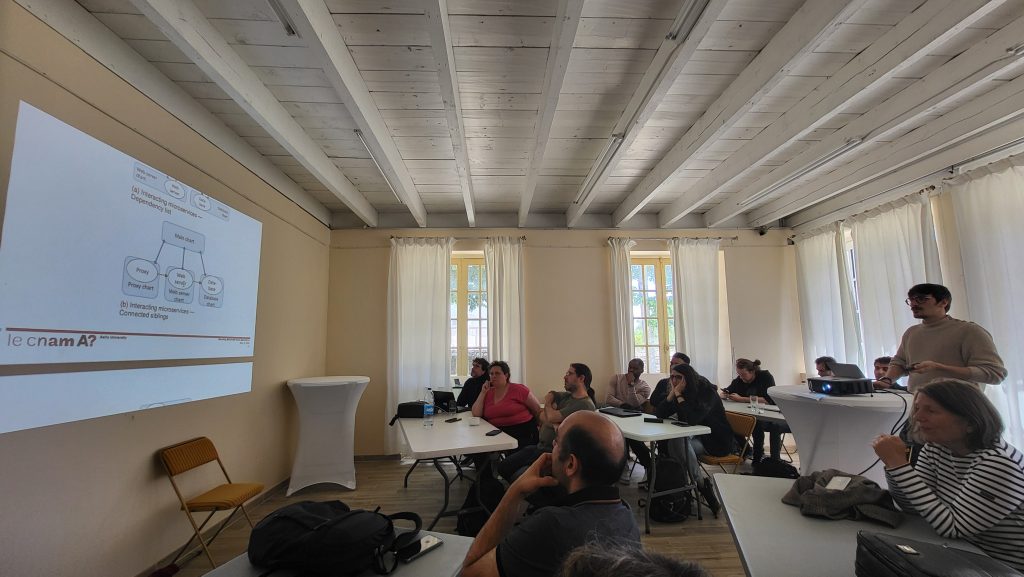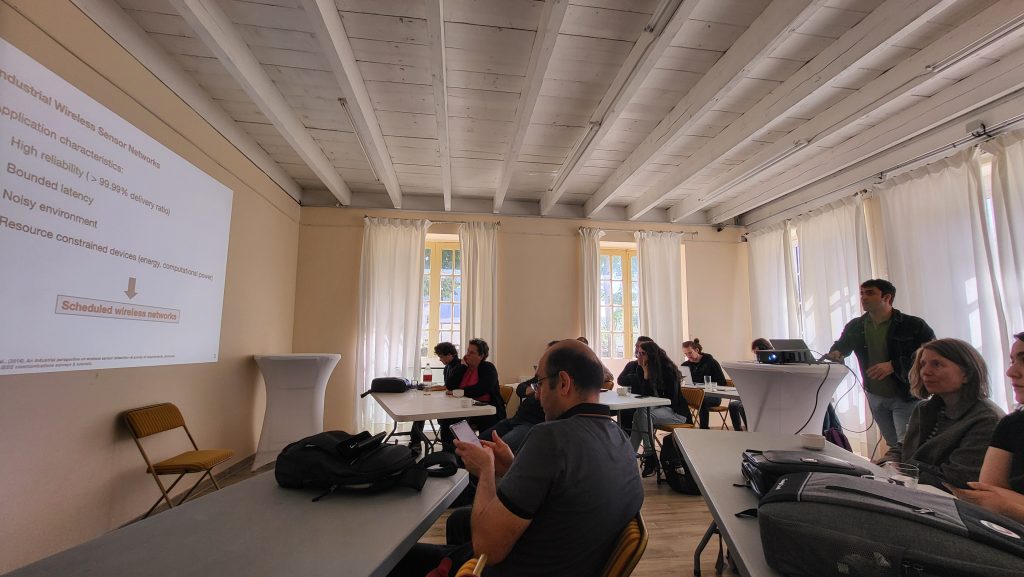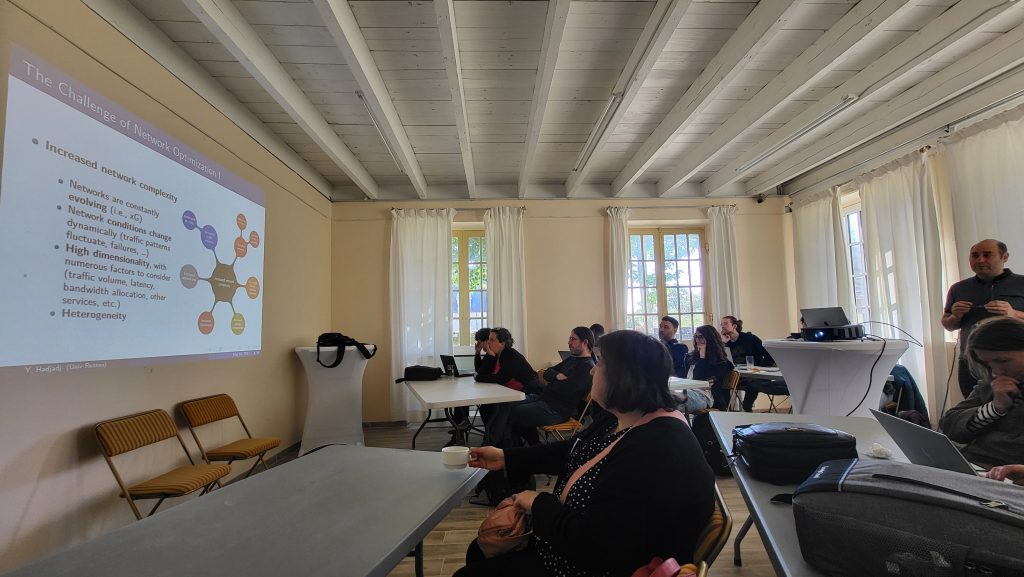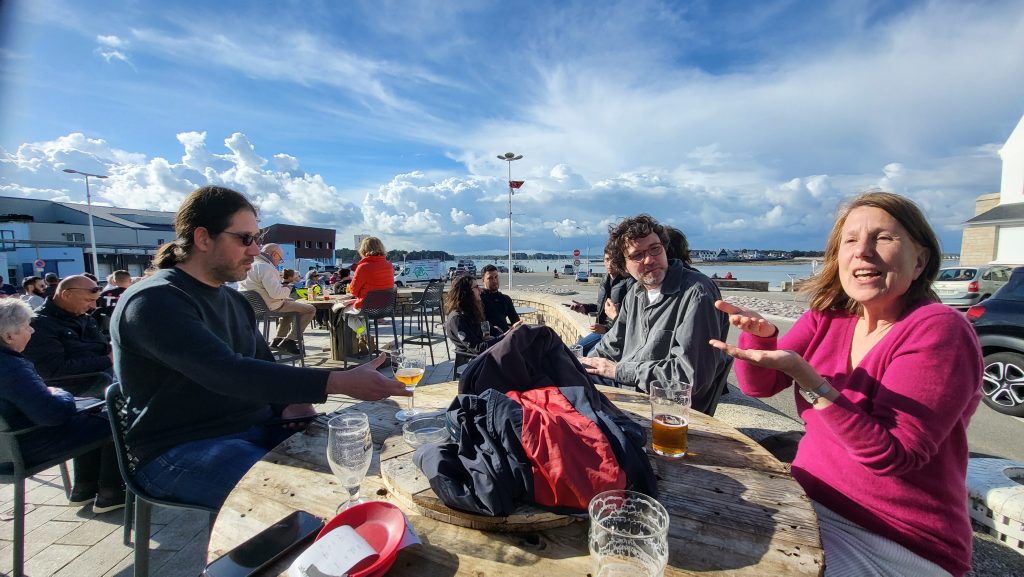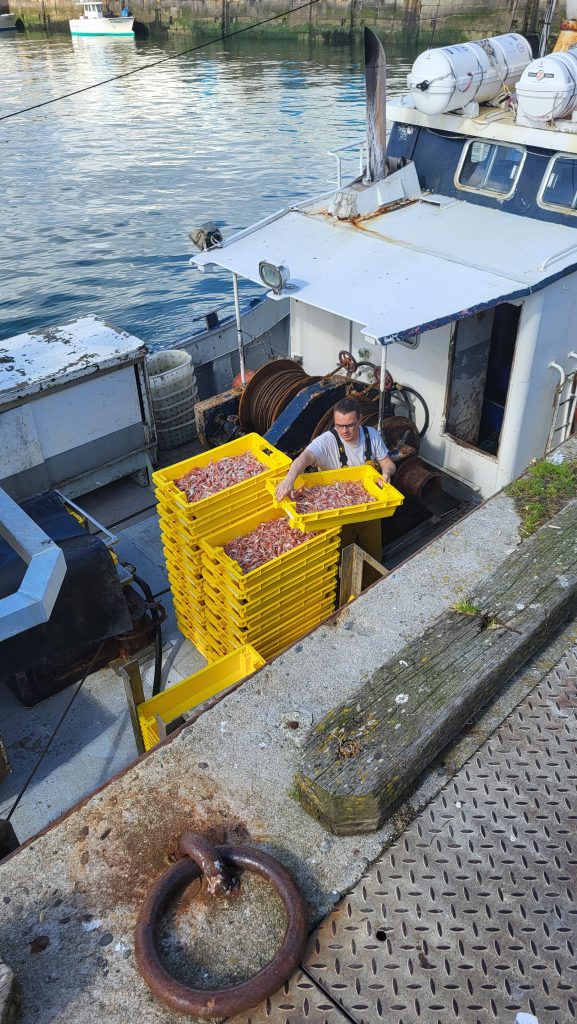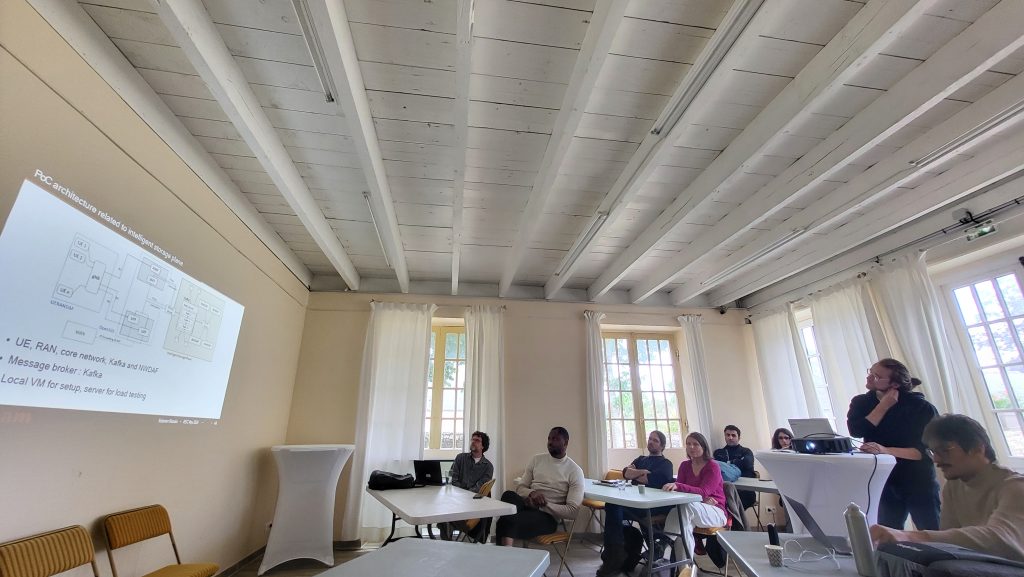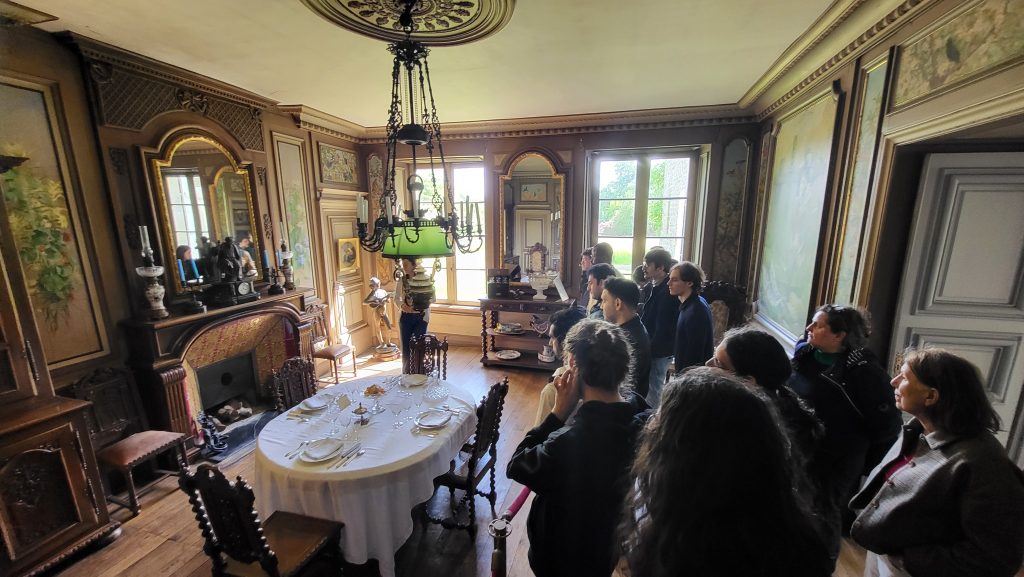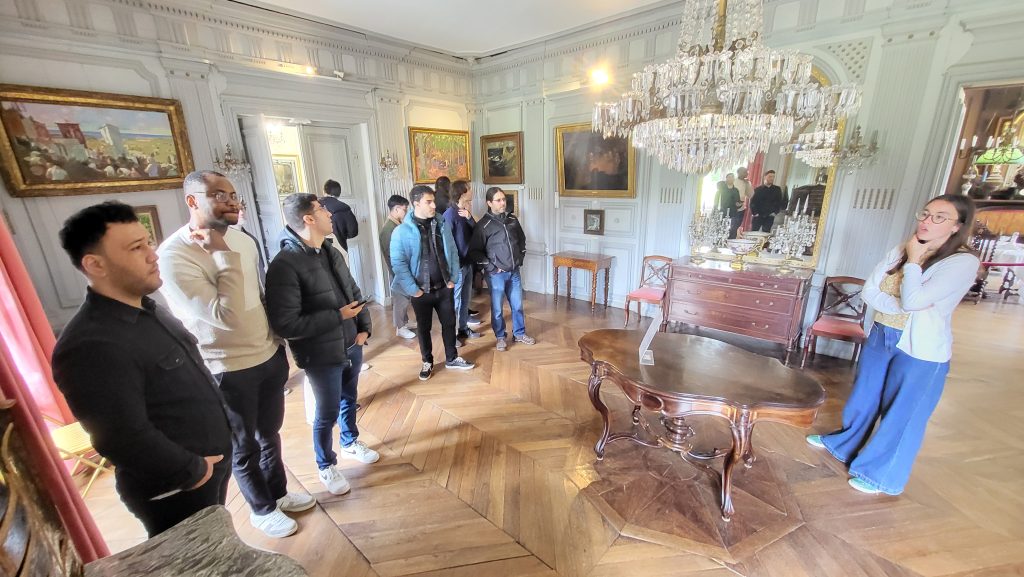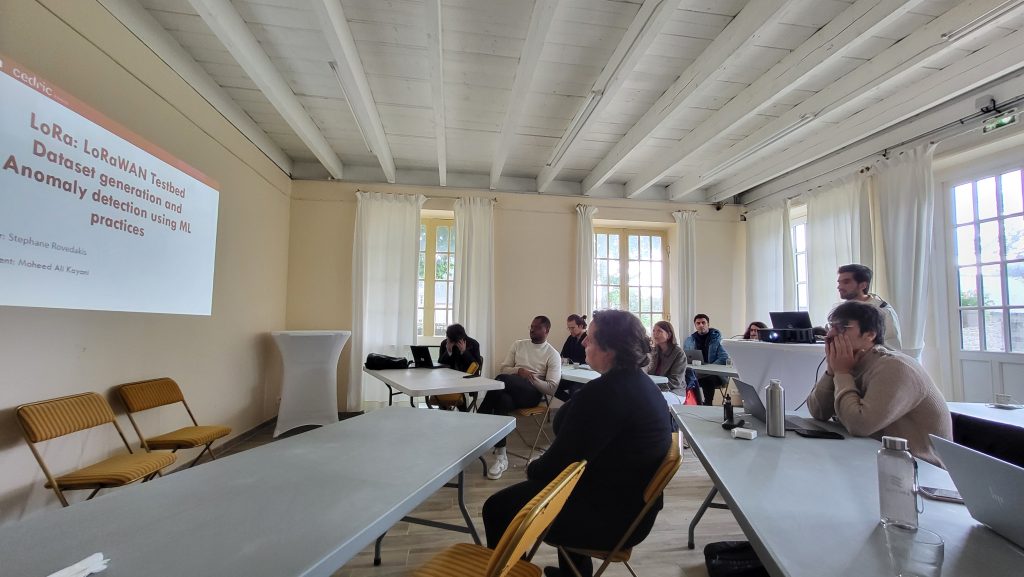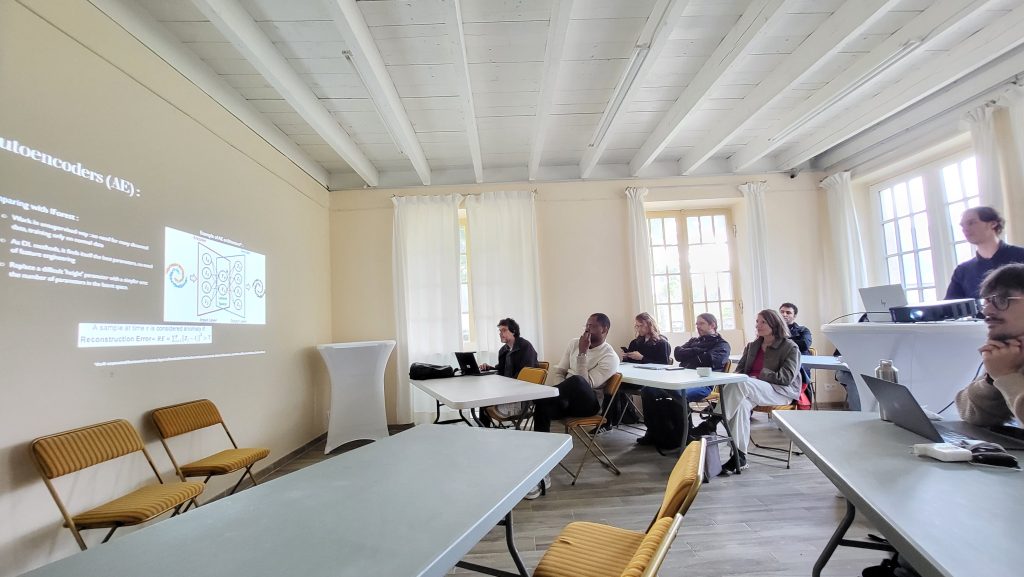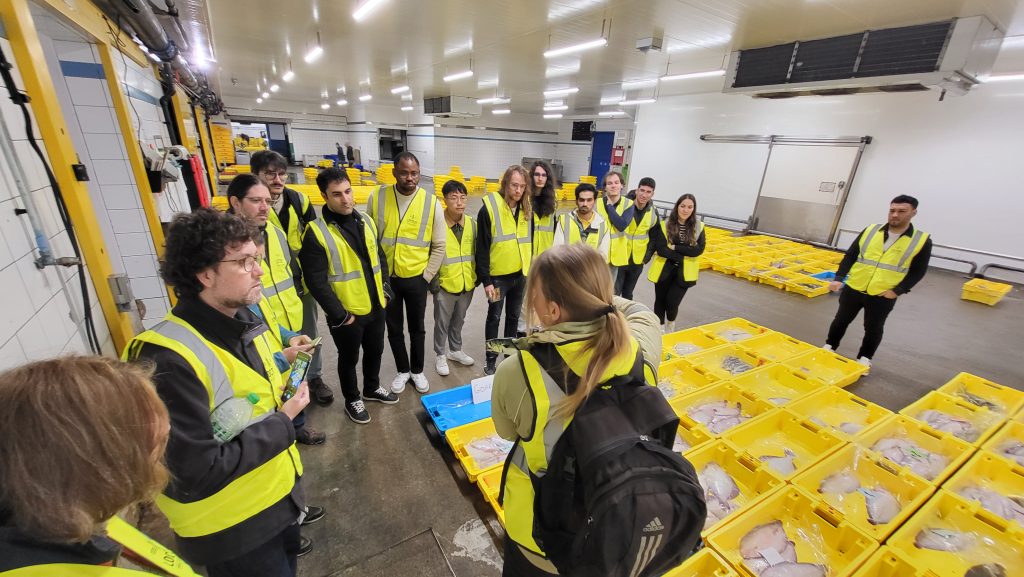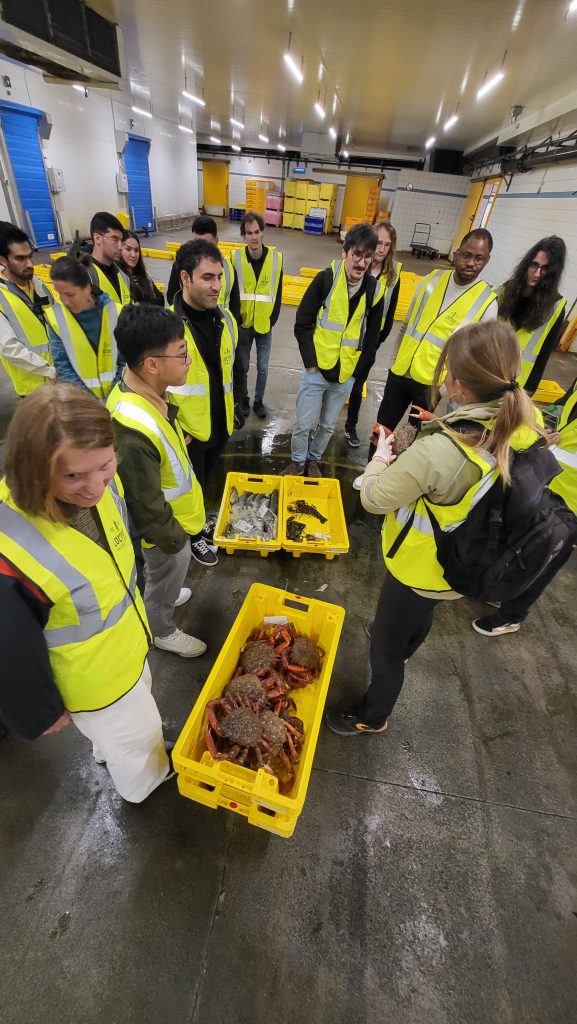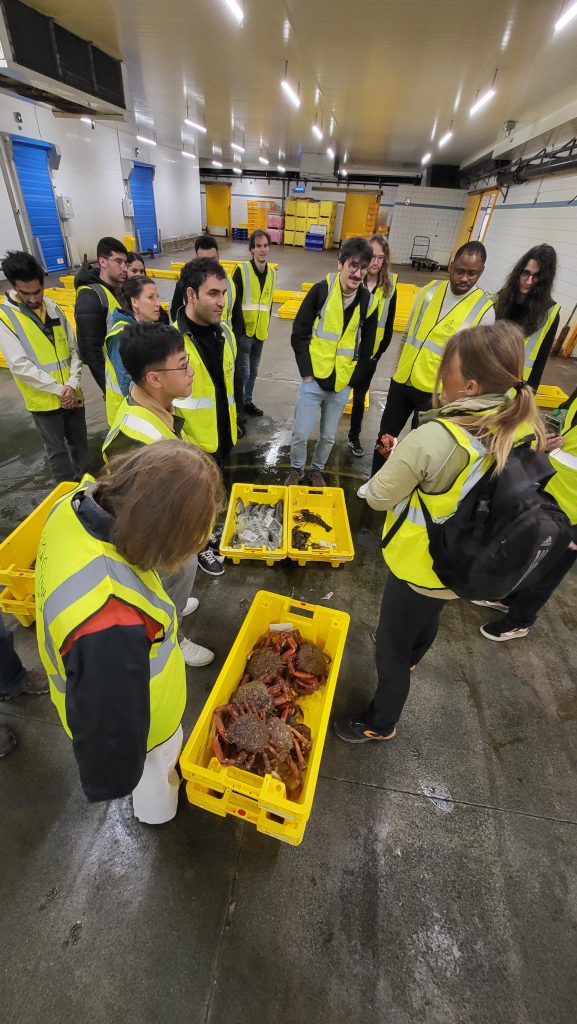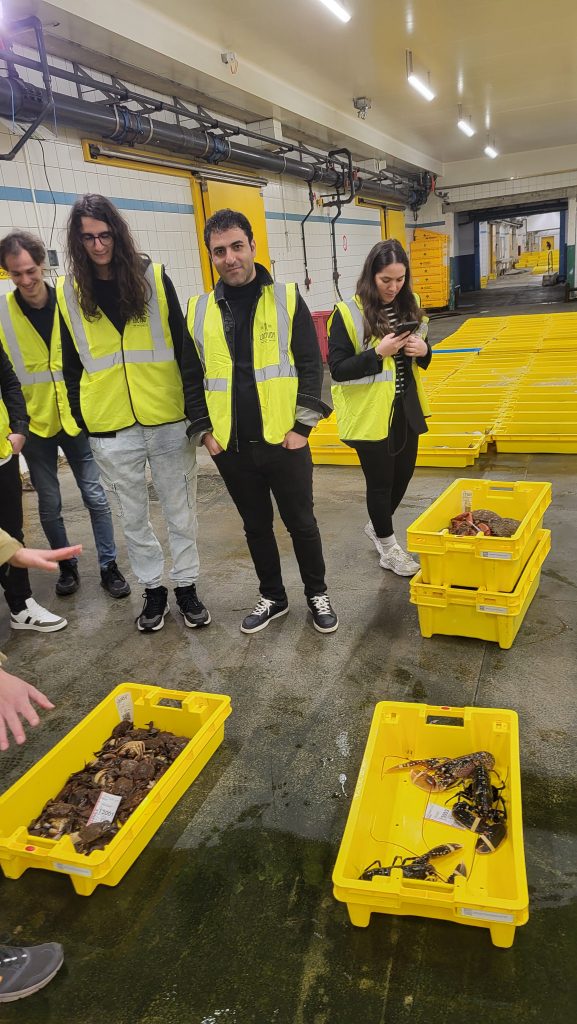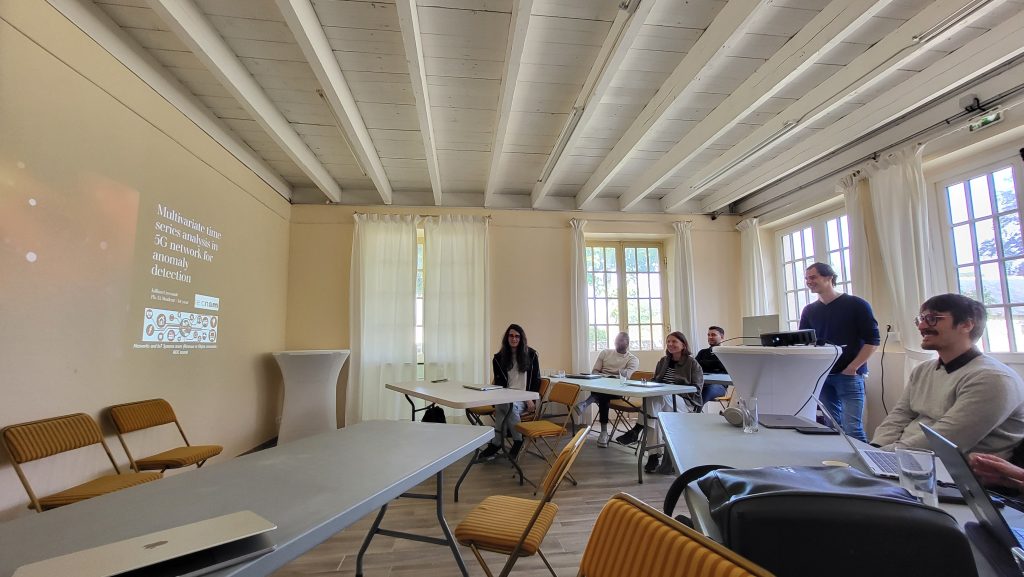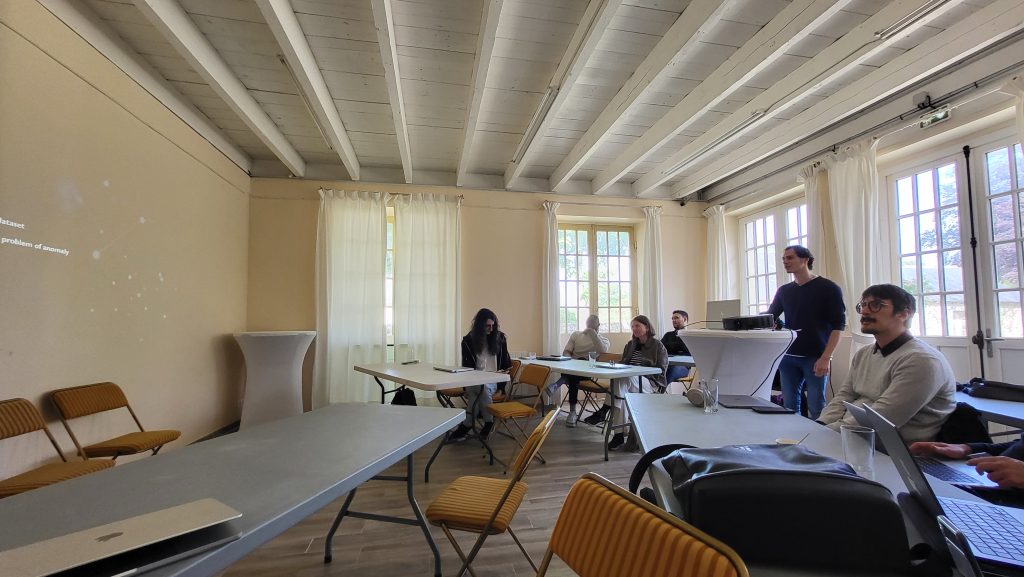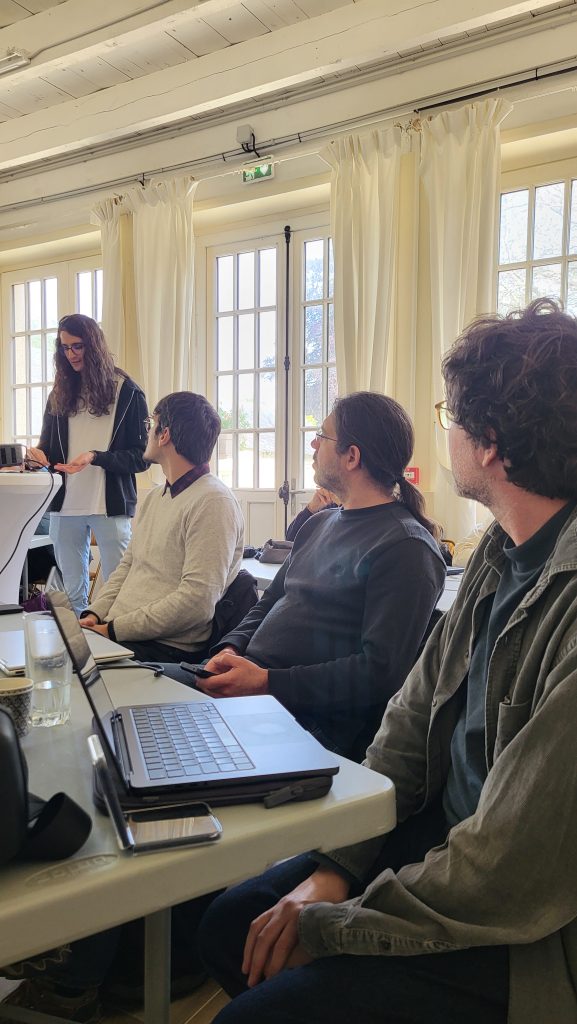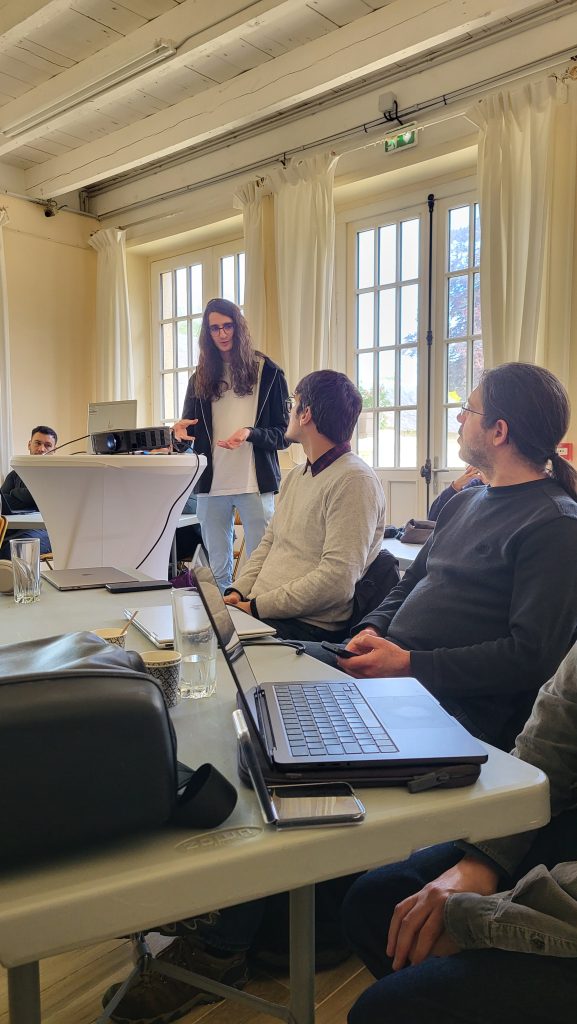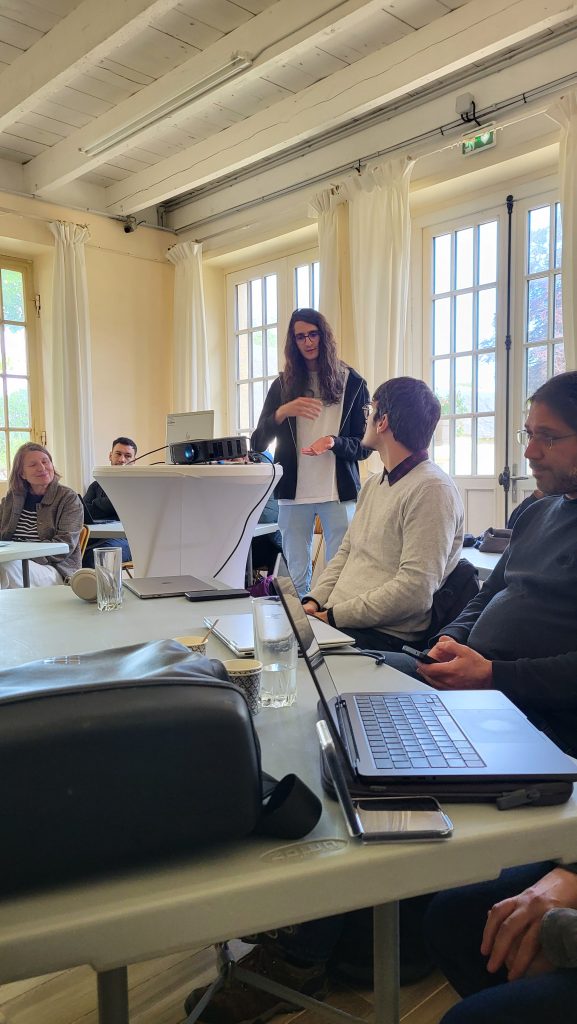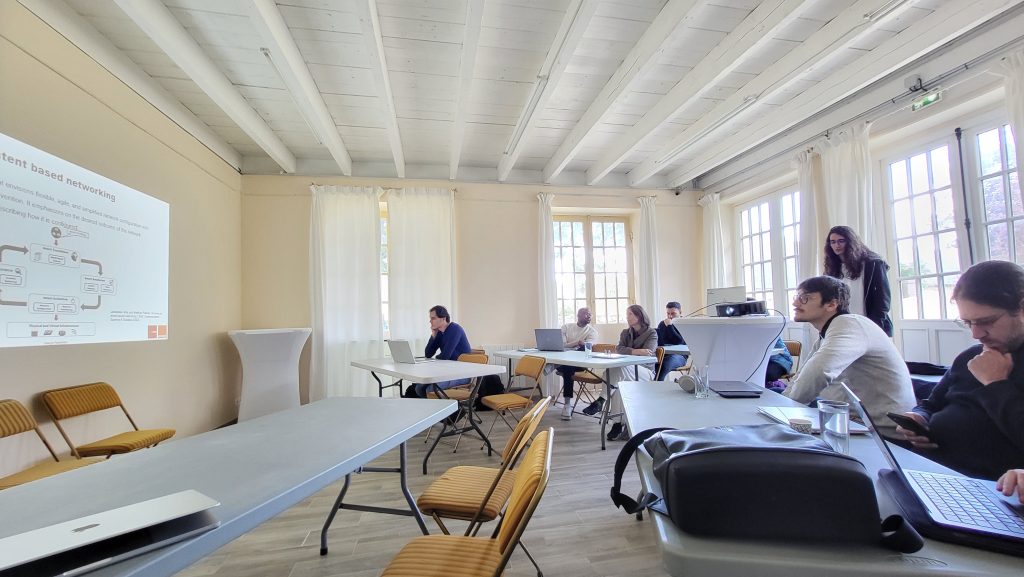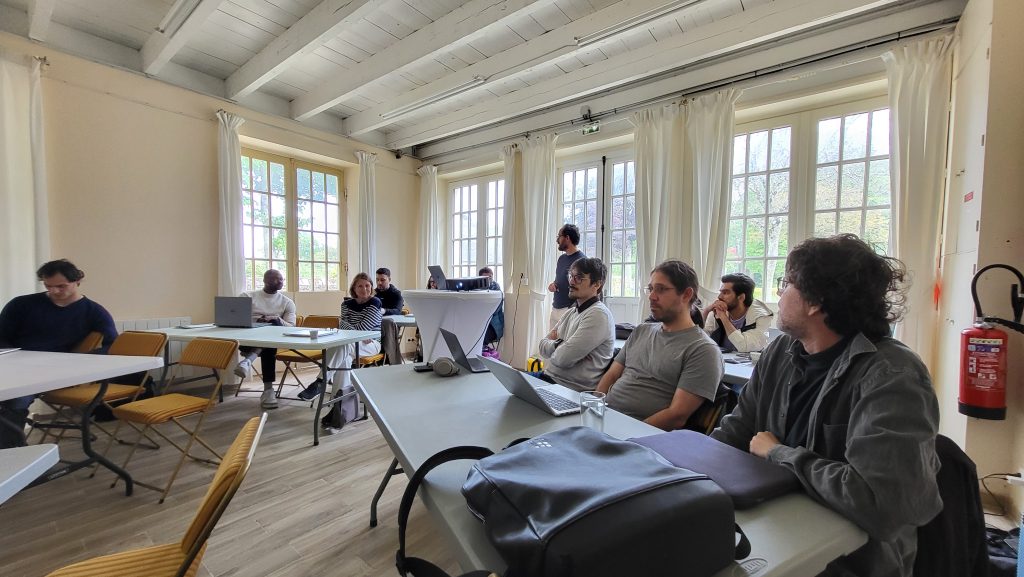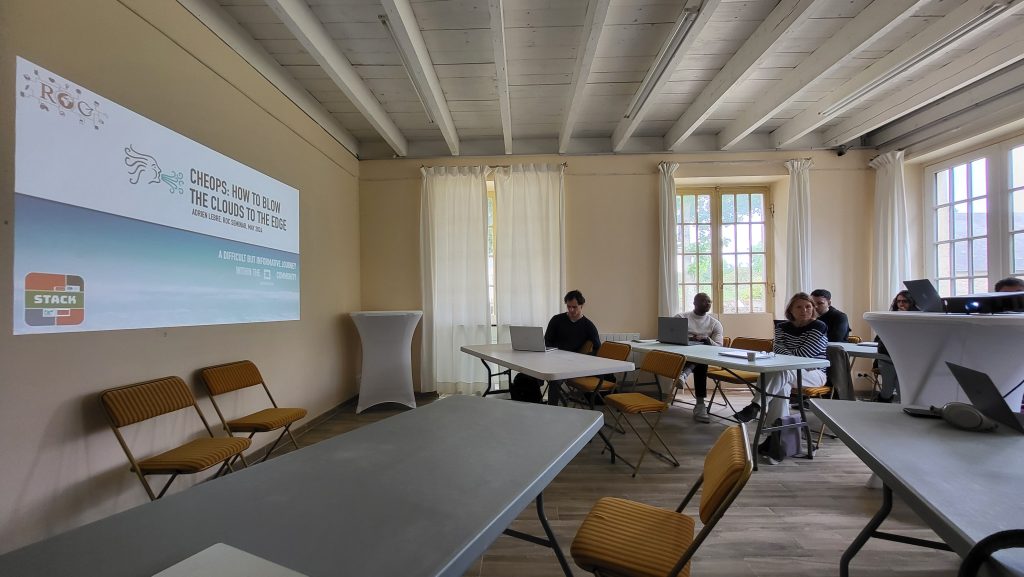
The ROC team organizes its annual workshop in French Britain, at the Manoir de Kérazan, newly opened by the Institut de France for cultural and scientific meetings.
The tentative program is as below.
Attendance is free but the number of seats is limited : to participate please register by email writing to killian DOT cressant AT cnam DOT fr.
ROC WORKSHOP 2024
PROGRAMME
Thursday, May 16, 2024
15h : accueil et ouverture
15h30 : Présentation invitée de Adrien Lebre (IMT-A/Inria Nantes)
Titre: Fog, Edge, Digital Continuum or Network, the names evolve but the challenges remain the same!
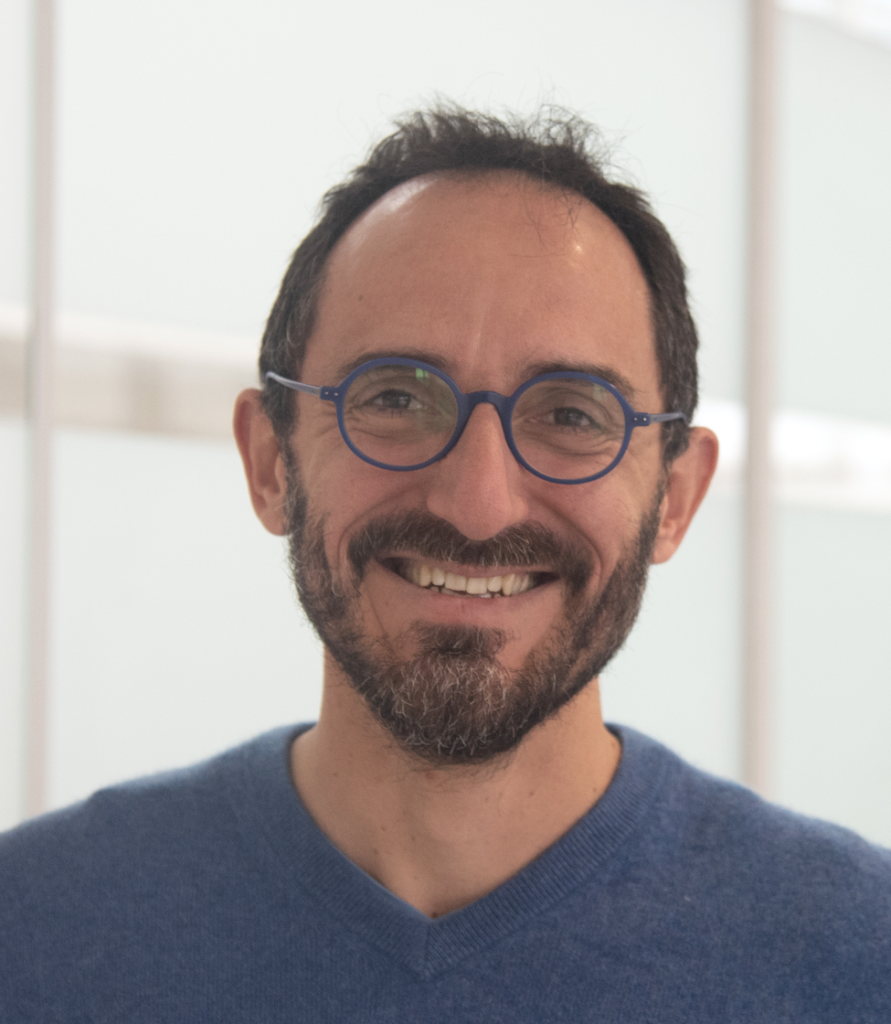
Bio: Adrien Lebre currently holds the position of research director at Inria, where he has been overseeing the network and cloud program. Prior to this role, he was a full professor at IMT Atlantique in Nantes, France. Since 2017, Adrien has led the STACK research group, focusing on large-scale distributed systems, their design, compositional properties, and efficient implementation. More precisely, his activities have been mainly focusing on the Edge Computing paradigm, in particular in the OpenStack, and more recently, Kubernetes ecosystems. Adrien Lebre is also strongly involved in several initiatives related to experiment-driven research on digital infrastructures such as the Slices-RI initiative. He holds a Ph.D. from Grenoble Institute of Technologies and a habilitation from University of Nantes. For further information, please visit: http://stack.inria.fr
16h30 : Pause café
16h45: Présentation des doctorants en 1ère année
- Killian Cressant
- Mehdi Boudjelli
Titre: Self-Supervised Anomaly Detection in Time Series
Resumé: The presentation will provide an overview of self-supervised anomaly detection in time series data. It will discuss the different approaches that are most used in current research. Additionally, it will introduce a novel approach that I’ve been working on
- Anh Khoa
17h30 : Visite du musée du Manoir de Kerazan
18h45 : Apéro-dinatoire – diner au manoir
Friday, May 17, 2024
5h30 : social event
- Visite de la Criée de Loctudy
7h30: Présentation des doctorants en 2ème année
- Rezak Aziz
- Victorien Romain
8h30: Pause café
9h30 : Présentation invitée de Françoise Sailhan (IMT-A-Brest)
10h45 : pause café
11h00 : Présentations des stageaire Master 2
- Moussa Guemdani
Titre: Integration of disaggregated RAN (OpenRAN) in the ROC 5G testbed.
Resumé: Integrate a disaggregated Radio Access Network (RAN), specifically OpenRAN, within the Cedric ROC Testbed environment. The internship focuses on testing various 5G features, including RAN disaggregation – splitting deployment into Central Unit (CU), Distributed Unit (DU), and Radio Unit (RU) – network slicing (both RAN and Core), cell handover, and metrics monitoring.
- Ali Moheed Kayani
Pause déjeuner au manoir
13h30 : Présentation des doctorants en 3ème année
- Kaoutar Sadouki
- Mario Pateta
14h30 : Pause café
14h45 – 15h45: Travaux des commissions de l’équipe RoC
20h00 : Social events
- Diner chez AC Le Levier à Loctudy
Saturday, May 18, 2024
9h30 : Accueil
10h : Présentation invitée de Yacine Hadjadj-Ajoul (URennes/IRISA)
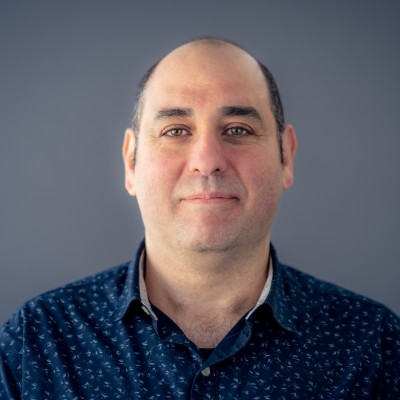
Titre: Exploring the Promises and Limitations of GNNs for Network Optimization
Slides
Resumé: Due to their dynamic nature and the multitude of involved parameters, network optimization problems are typically complex. The complexity of these problems is further increased by the distributed nature of these networks, coupled with the need to simultaneously take into account the variety of objectives and constraints, mainly related to the supported services. Conventional optimization methods generally fail to address these multiobjective problems, as they fail to provide scalable and robust solutions capable of dynamically adapting to changing network conditions. To overcome these obstacles, several machine learning-based approaches, and particularly reinforcement learning, have emerged in recent years. Although effective, these approaches are generally unable to grasp the graph topology of the networks and the richness of information, they also pain to generalize the learning, in addition to being unexplainable black boxes, which limits the practical utility of these approaches. In this context, Graph Neural Networks (GNNs) have emerged as a promising approach, leveraging the power of deep learning to process graph-structured data effectively, which is typically needed in several networking problems. This talk will explore the applications of GNNs in network optimization problems such as network tomography for monitoring and virtual service placement for network slicing. We will discuss the ability of GNNs to capture graph structures and apprehend representations directly from network data to enable more efficient and intelligent resource allocation strategies. By exploring both the promises and limitations of GNNs, this talk aims to provide a comprehensive understanding of their applicability in network management, and opens the door for future research directions in this rapidly evolving field.
11h00 : Pause café
11h15 : Présentation postdoctorant: Farzad Veisi Goshtab
Titre: Enhancing 6G Through Advanced Routing Mechanisms
Resumé: As the next evolution in wireless communication, the 6G network promises high bandwidth, low latency, massive connectivity, and a special focus on seamless coverage through the integration of terrestrial and non-terrestrial networks. A key component in realizing these advancements is the development of robust, efficient, and intelligent routing mechanisms capable of managing the dynamic, heterogeneous, and densely interconnected topology of 6G architecture. Our research focuses on investigating innovative routing strategies tailored to the unique challenges of 6G networks. This includes dynamic topology management, which involves maintaining optimal routing paths in a network where node positions and link qualities constantly change. Additionally, the routing strategy must ensure ultra-reliable low-latency transmissions to meet the critical Quality of Service requirements of applications such as telesurgery and real-time control systems. By leveraging artificial intelligence, we aim to develop predictive routing algorithms that not only respond to but also predict network dynamics, optimizing path selection beyond the capabilities of traditional protocols.
Pause déjeuner au manoir
15h00 : Social events
- Visite du musée de la conserverie à Luctudy
